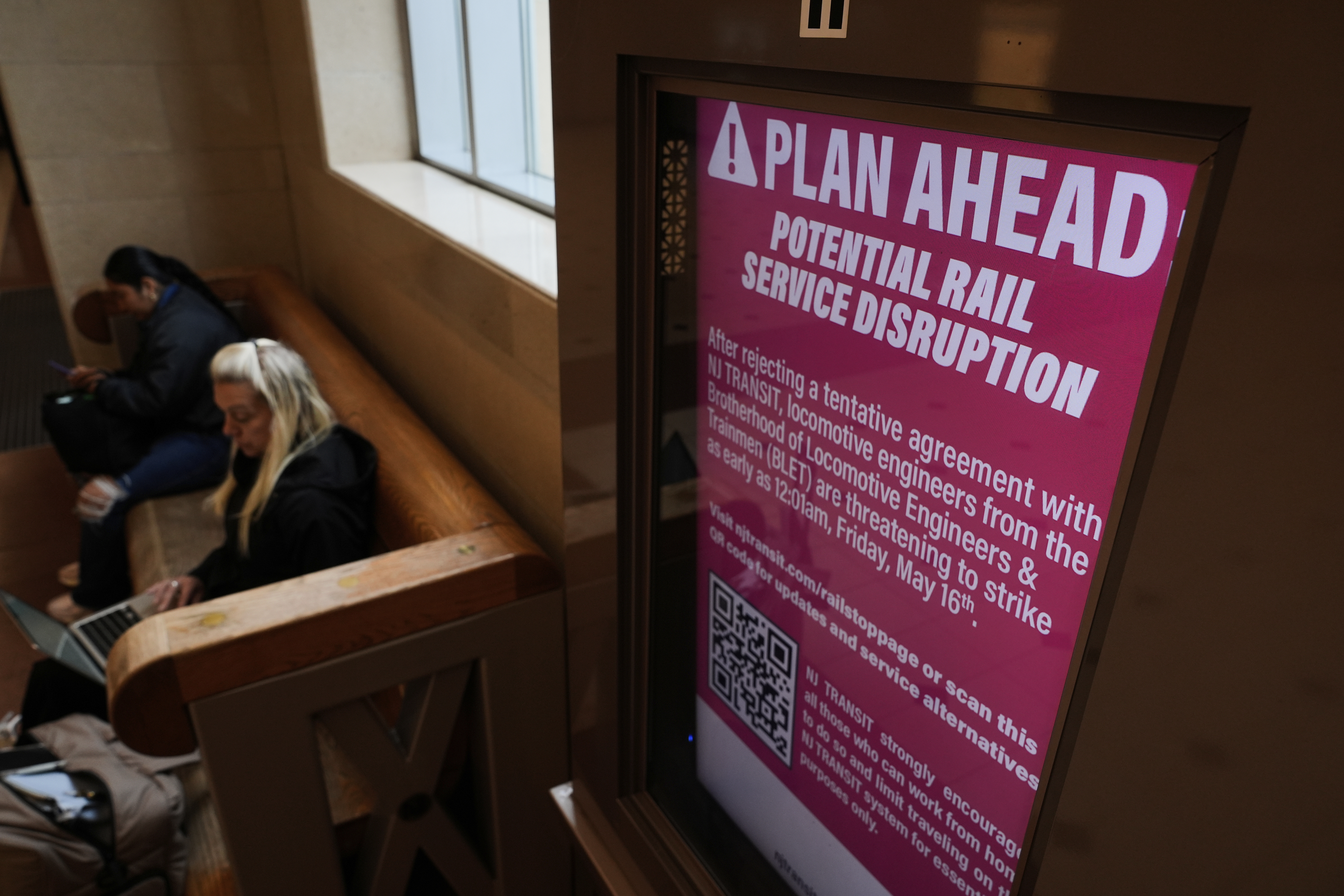NJ Transit Strike: What Commuters Need to Know About the Latest Disruption
The New Jersey transit strike has disrupted the daily commute for hundreds of thousands across the region. As the first major rail strike since 1983, this labor action highlights both shifting economic pressures and the critical role of NJ Transit in the tri-state area. Here’s what riders, residents, and businesses need to know about the ongoing situation.

Why Did the New Jersey Transit Strike Begin?
Negotiations between the Brotherhood of Locomotive Engineers and Trainmen (BLET) and NJ Transit management broke down over wage increases and working conditions. The union argues that its engineers have not seen significant raises since their last contract expired in 2019. On May 16, 2025, engineers walked off the job, halting all rail services that typically support over 350,000 daily commuters. Details about the ongoing dispute and the union’s demands are outlined in NBC New York’s coverage.
Who Is Affected?
The new jersey transit strike impacts nearly every rail commuter in New Jersey. All NJ Transit rail operations are suspended. This includes lines that connect New Jersey to Penn Station in New York City and Metro-North service west of the Hudson. While Gothamist reports that NJ Transit bus services remain in operation, these can only cover about 20% of the typical rail volume. PATH and Amtrak trains are running, but are experiencing higher demand and potential crowding.
How Are Commuters Coping?
Many riders have switched to bus routes, ferries, or driving, though severe congestion is expected on roads and at alternative transit hubs. Officials urge those who can work remotely to stay home. Alternative options, such as the Waterway ferries and additional bus services, are available, but capacity is limited. The Port Authority’s PATH service, which connects key New Jersey cities to Manhattan, is absorbing extra riders but is not affected by the strike.
What Are the Main Issues in the Dispute?
The disagreement centers largely on wages. According to NBC New York, engineers advocate for salary increases to match comparable positions at Amtrak and the Long Island Railroad. NJ Transit leadership, meanwhile, points to financial constraints within the agency and stresses the need to balance commuter needs with fiscal responsibility. Without a deal, the union says it is prepared to strike until a fair arrangement can be reached.
Historical Context
This is not the first time New Jersey has faced a transit strike, but it is the most significant in over forty years. The last strike in 1983 lasted about a month. Today’s situation underscores persistent challenges in transit labor relations and regional transportation funding.
What Happens Next?
Negotiations are ongoing, with both union leaders and agency officials expressing willingness to return to the table. Federal mediators are involved, but the strike’s duration remains uncertain. For the latest timelines and updates on when service may resume, follow real-time news from NBC New York and additional insights from Gothamist.
Conclusion
The New Jersey transit strike serves as a reminder of the essential—and vulnerable—nature of public transportation in the region. Commuters should stay informed, plan alternate routes when possible, and remain flexible. As talks continue, all eyes remain on the negotiating table, hoping for a swift resolution to this historic work stoppage.